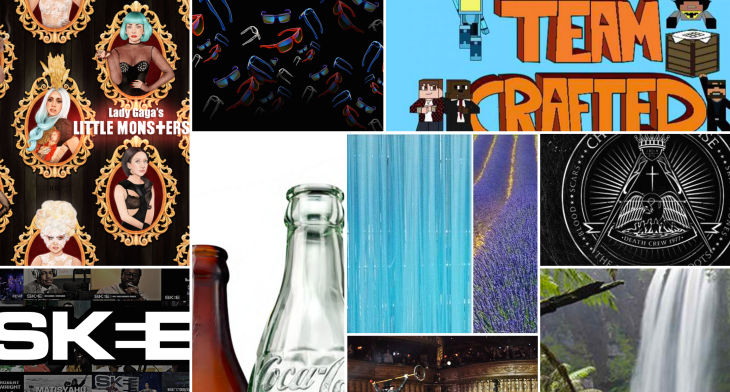Why should Facebook or Ning earn the money if you bring the audience? Backplane wants to put that cash in your pocket. That’s why it’s pivoting from building social networks for big brands and celebrities into an open platform where anyone can coordinate people, charge subscriptions and even sell ads. The goal is to put the power back in the hands of organizers, from sports teams to musician fan clubs, volunteering groups to concert halls.
Backplane was founded back in early 2011 to create community sites for big influencers, starting with LittleMonsters.com fan network for Backplane adviser and investor Lady Gaga. It assembled an impressive array of founders like Palantir co-founder Joe Lonsdale, and Gaga’s manager Troy Carter. A-list investors like Google Ventures, SV Angel, Eric Schmidt’s TomorrowVentures, Founders Fund, Greylock, and Sequoia have put around $13 million into Backplane.
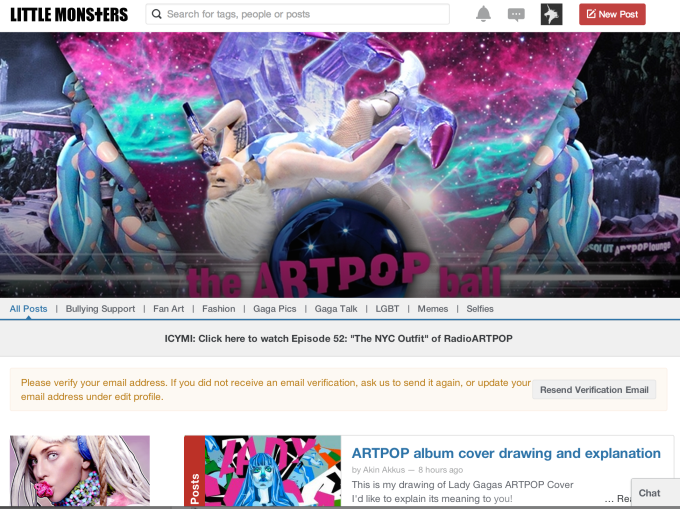
With 1 million users on Little Monsters, Backplane stepped out from Gaga’s shadow in February 2013 with an expansion to power sites for Guns N’ Roses, Conde Nast and more. But with time it saw a bigger opportunity in DIY social networks for anyone with a community to rally. Facebook’s Groups feature had swelled to 500 million users, but organizers had little flexibility to customize or monetize their memberships.
So now Backplane plans to open its social network builder in late Q3 of this year.
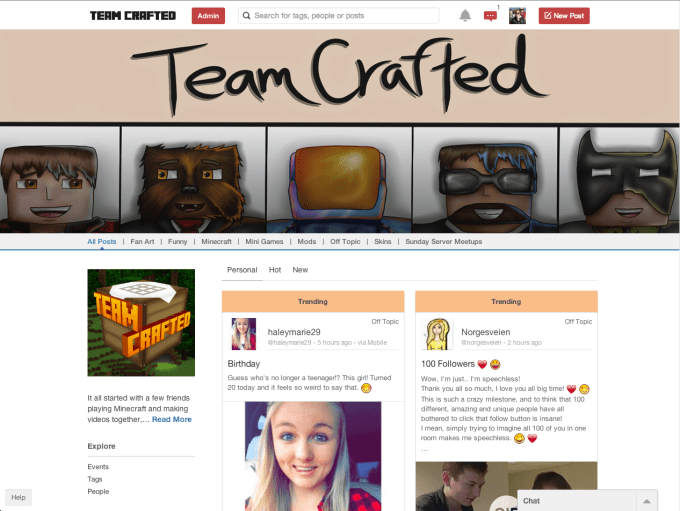
If Backplane can align its incentives with that of content creators and community leaders by offering ways for them to do business through their social networks, it could persuade them to host their content there instead of elsewhere. This drive is why Backplane has hired Scott Harrison, a decade-plus Wall Street veteran and CEO of financial tech provider UNX, as its new COO and president.
“Wall Street does nothing without thinking about monetization,” Harrison tells me. Backplane social networks will let organizers make announcements, plan events, heavily customize their designs and track analytics. Naturally, members can reply to posts, share photos, join forums and mingle. But rather than having to pay to set up a network as they would on Ning, Backplane will get organizers paid. They’ll be able to charge dues, sell merchandise and crowdfund projects. And if their community grows large enough, Backplane even wants to help them sell ad space in their networks and split the revenue.
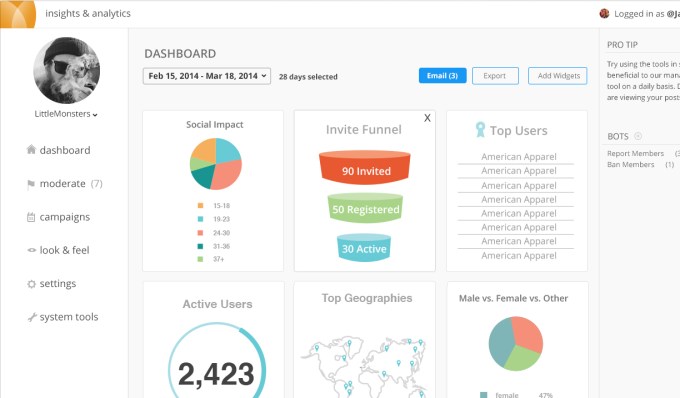
“Why wouldn’t I push my content to an area where I can make money opposed to other people making money? If you can bring 10,000 people to a room, we should share that value,” Harrison explains.
He admits that on the user side, there are plenty of places to congregate on the web, “but the people who control content, they’ll drive people to the place where they like to see that content consumed.” He believes a network must provide more than social engagement for its leaders. “It has to change into social economy, as well.”
Backplane’s success will hinge on two big challenges.
First is convincing people that existing solutions like Facebook Groups aren’t good enough. Since Facebook users frequently return to the service and check their notifications, it has powerful retention that helps Groups content get seen. Backplane will need ways to make sure people come back to their niche networks, which could be very tough. It will also need to trumpet its monetization features if it’s going to gain traction.
Second, it will need to lean on its connections to the entertainment industry to get any celebrity with a vibrant fan community onboarded. If done right, Backplane could become the new Myspace, and use that popular exposure to promote that fans can make their own social networks about anything.
But that’s a big “if.” The whole thing is. Backplane has a steep road ahead.
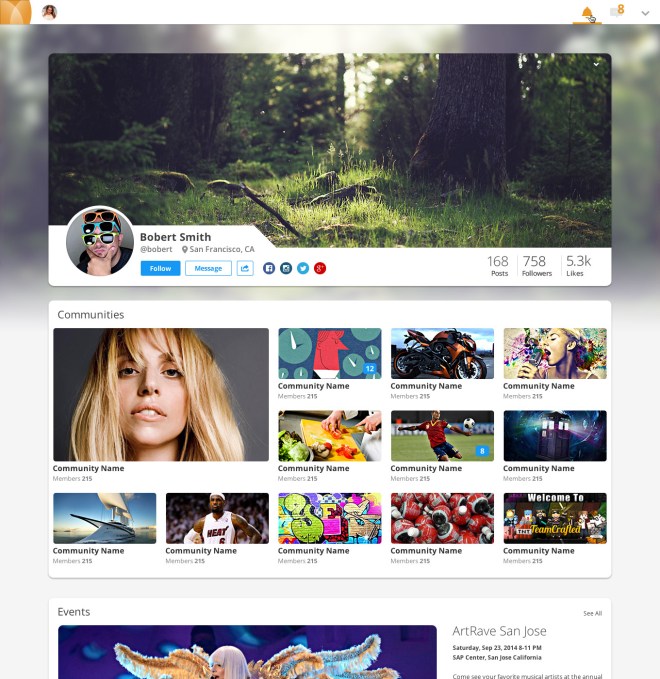
One thing on Backplane’s side, though, is a pervasive feeling that big social networks like Facebook put the interests of users and themselves ahead of content creators, brands and organizers. That prioritization ensures the user base doesn’t get burned with spam and stop coming back, but it also heightens the desire for control amongst potential Backplane clients big and small. DIY organizers might not like how Facebook makes it easy for members of Groups to mute notifications, cutting off their core communication channel.
That might be why Coca-Cola chose to create a Backplane network for antique Coke bottle collectors. Harrison tells me “Coke feels like they get lost on Facebook. They don’t feel represented when their brand is subservient to the Facebook brand.”
